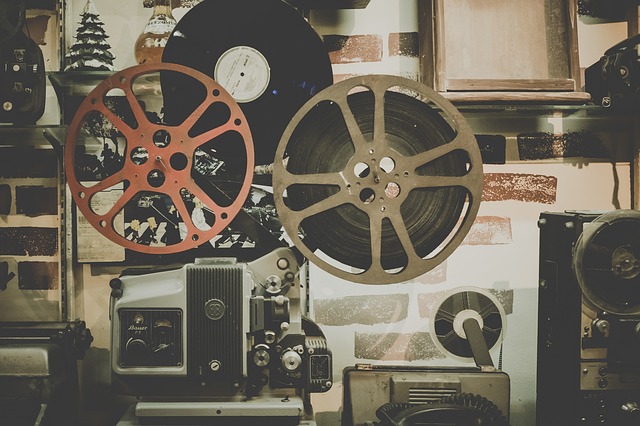The portrayal of characters is tricky, let alone if it has to be done for theatrical plays. It is something that demands not just the ability of the actor to act it out but also, the skills of makeup artists who will be putting on the makeup. The physical appearance of a given persona should be epitomized with the highest level of authenticity. This could be achieved using the skillful use of cosmetics.
On the other hand, applying makeup for stage plays and theater is something that requires high level of precision as well as familiarity with the characters, scripts and show. If you think that you know everything because of the automatic Instagram likes you see in a certain show, then think again. Aside from that, makeup artists should be in constant communication with the staff members and casts in order to be synchronized with everyone.

The Role of Light
Lights have the ability of setting the mood of the stage. It could make it in any of the following:
- Cheerful
- Solemn
- Tragic or
- Gloomy
In the same way, actors could be affected by shadows and lights either something that favors them or not. Moreover, makeup artists should be aware of lighting effects towards the entire play and actors.
The artists should be familiar as well with distance that is separating actors on stage from audience. It is imperative to take into consideration that the makeup of actors cannot be seen from all angles and distance.
Hence, features ought to be precise that it would not look flashed out by lights or be overwhelmed by the shadows.
The Makeup Artist’s Job
There are times too wherein the actor looks older or younger, uglier or prettier, has bruises or sporting scars or any bodily imperfections like humps on back. To create various characters, props, special effects and of course, makeup is required. It’s the job of the makeup artist to allocate enough time to perform research and to study every character.
Velour powder sponges and synthetic makeup brushes are highly recommended for doing theatrical makeup. That’s due to the reason that actors on stage are under constant lighting or shadow or seems distant. Therefore, theater makeup has the tendency to be heavier compared to outdoor or daytime makeup.



